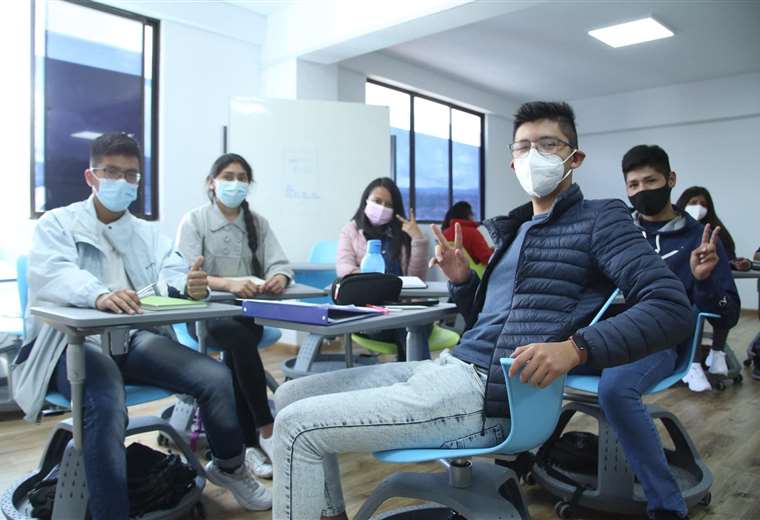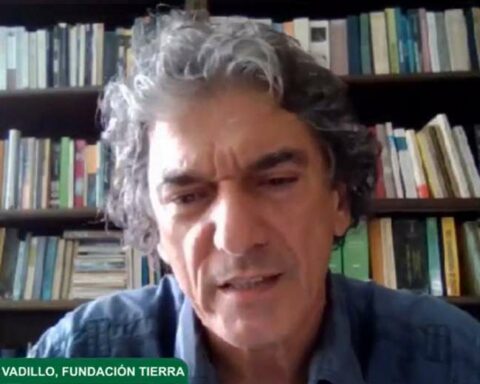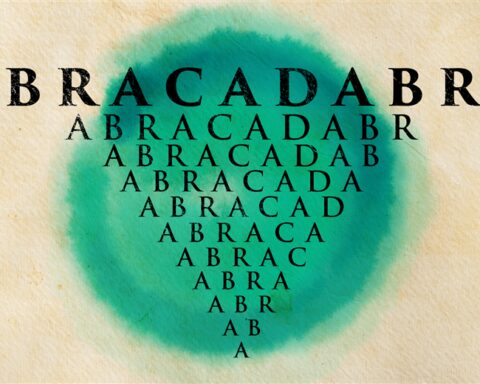March 23, 2023, 7:15 AM
March 23, 2023, 7:15 AM
Education is one of the factors that most influences the advancement and progress of societies. Nelson Mandela said that it is “the most powerful weapon that you can use to change the world”. The integral formation of people consolidates thinking, critical, analytical, creative, purposeful citizens, with social sensitivity, who are transformers of reality.
The education and development have an important role in society and they are linked to each other, to the extent that one does not exist without the other. It is necessary to achieve better levels of social well-being and economic growth, balance inequalities, access better sources of employment, expand opportunities, strengthen social relations and the evolution of the state in general with the promotion of science, technology and the innovation.
Society allows setting goals for the development of education focusing on the training of citizens able to participate in social life and culture of your country.
The current demands of society have revealed that while investing in education nations will obtain greater economic and productive growthframed in the Sustainable Development Goals (SDGs), adopted by the United Nations in 2015 as a universal appeal towards 2030.
However, a study by the Inter-American Development Bank (IDB) regarding business difficulties in finding staff reveals a ‘skills’ or ‘competences’ gap in the educational process, leading to many open positions for skilled workers going months without being filled because, in almost a third of cases, employers can’t find people with the skills necessary to perform the job.
However, the educational systems of many countries have shown that they are not in tune with the training purposes contemplated in the SDGs. “So why educate? wonders Ariel Villarroel, from the Department of Teaching and Learning (JEA) of the Franz Tamayo University, Unifranz in Cochabamba. There is confusion about prioritizing quality education and not focusing it so that it is affordable for all.
The education expert suggests that in order to assume educational challenges that are coming, those responsible for formulating the new educational policies must understand how society is changing in terms of its culture, economy and innovation, identifying attitudes, skills, values and knowledge that people can develop and acquire successfully, and that Later they can remunerate these capacities to society in a useful, efficient and sustainable way over time.
Education leads to personal well-being
Sara Yoshiro, JEA of Unifranz Santa Cruz, considers that personal well-being is a condition consistent with the quality of life and that “it implies a feeling of personal, professional, work and economic well-being that is achieved when the person achieves his or her life purposes”.
In this line, quality education is the foundation of health and well-being. To lead a healthy productive life, each individual must Possess the necessary knowledge for disease preventions and pathologies.
“To study, children and adolescents need adequate nutrition and health, without neglecting access to information and new technologies that are developing more and more rapidly,” says Villarroel for his part.
Countries that invest in innovation improve the quality of life
Ariel Quispe Orellana, a mathematics professor and JEA expert at Unifranz El Alto, asserts that there are various factors that influence the development of any society, such as access to basic services, health, food or security, among others.
“Although heto education It is not the only factor that contributes to the development of society, it is an element that You can empower the rest. It is not surprising that the countries that invest the most in education, research, development and innovation are those with the best levels of quality of life. This is not only due to the training that a country provides its citizens in professional skills, but also in soft skills”, says Quispe.
Contribution of education to economic development
Education takes care of develop skills and abilities in the people of a society, as well as the necessary and sufficient knowledge to participate in economic activities and decisions from a microeconomic level to a macroeconomic level.
For Villarroel, these skills contribute to the growth and economic development of a society in various ways:
1. Improve labor productivity. People are qualified in such a way that they carry out their activities efficiently and effectively, this generates that the economy of the region and the country grow.
2. Innovation is encouraged because people who have been trained in enriched environments that boost their creativity will be able to find solutions to various circumstantial and structural problems.
3. Human capital is formed, understood as a factor that determines the growth and development of a society and country. If you have people with higher skills, there will be better employment opportunities, which in the long run leads to greater investment, both national and foreign.
4. Finally, although economic growth is based on the increase in wealth, education promotes the expansion of the economy It is carried out in a sustainable, balanced way and with awareness of the environmental and social impact that it entails.
The training of people with a set of human, technical, technological or communication skills enables them to create, propose and innovate considering the needs of the community in order to contribute to its integral development.








